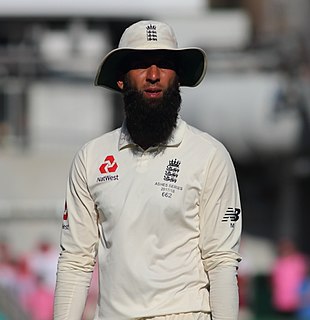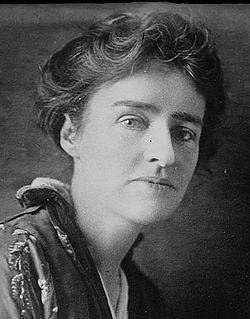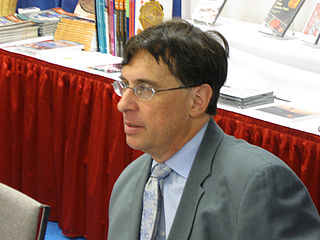A Quote by Lynne Tillman
I've always liked elliptical writing, whether it's Kafka or Paula Fox, and I'm often bored by writers who explain too much. I think that becomes journalism. Mostly I don't try to explain to readers who somebody is - I just write about the somebody. I'm thinking through ideas. And I have the sense that, if you're reading this, you have some interest.
Related Quotes
It's something that's difficult to explain but I think all writers work this way to some extent, whether we're aware of it or not. For me, writing has little to do with thinking. I don't want to control the narrative. I listen to the rhythm of the words and dialogue and try to give the characters the space in which to say and do what they want without intervening too much.
In a sense, journalism can be both helpful and detrimental to a writer of fiction because the kind of writing you need to do as a journalist is so different. It has to be clear, unambiguous, concise, and as a writer often you are trying to do things that are more ambiguous. I find that writing fiction is often an antidote to reading and writing too much journalism.
Years ago I read an interview with Paula Fox in which she said that in writing, truth is just as important as story. Reading that interview was the first time I really understood that there's no point in trying to impress people with my cleverness when I can just try to write honestly about what matters most to me.
I'm not the guy who will sit in a room with somebody who's using a bunch of big words and just act like I know what they're talking about, or sit on set with somebody and they'll be trying to explain something and not using layman's terms and I'll just say, "Hey, excuse me, what do you mean by that? Explain to me so I just understand."
I'd never go up to somebody and start preaching, but if somebody asks I'm willing to talk about it. Often, after people have seen me praying, they'll ask and it's a chance to show how normal prayer time is and why we do it, to teach people about the religion. Not to try to change them, but to explain.
From the beginning I felt that I didn't ever want to leave the impression that the process of writing a poem is totally mysterious. I couldn't explain everything that went on in the creation of a poem, but I could try to explain as much as I knew. I thought readers deserved that. I didn't want to set myself apart as being someone special.
Blogging has mostly been an opportunity to react more immediately to experiences to try out ideas that I may end up using in the print media or in some other place. When I write books, it's a way for me to bring readers into the experience of writing the book, all through the process of writing the books that I write. I talk about what I'm up to in the blog. I let people know what I am doing. To me, it's just part of putting my professional life up in a way that people who are interested in it can access; and learning things from them as well.
Reality is very, very contradictory, and so I try to write just perfecting what I see, what I read, what I feel, in a feel-thinking way. Not only giving ideas, or receiving ideas, or trying to explain something, but mainly feel-thinking, a feel-thinking language able to tie the heart and the mind, which have been divorced.
He and I always think the same things are funny, and that is such a lot; it's dreadful when two people's senses of humour are antagonistic. I don't believe there's any bridging that gulf! And he is--Oh, well! He is just himself, and I miss him, and miss him, and miss him. The whole world seems empty and aching. I hate the moonlight because it's beautiful and he isn't here to see it with me. But maybe you've loved somebody, too, and you know? If you have, I don't need to explain; if you haven't, I can't explain.
From about ninth grade on, I knew I was a writer at heart. I had fantasies of being a great novelist, but I thought that seemed like an iffy way to try to make a living. So I tried journalism while in college, and really liked it. But even in journalism, I've always pursued ways to be somewhat literary, whether writing a column or writing books.
I don't know what's going on, and I'm probably not smart enough to understand if somebody was to explain it to me. All I know is we're being tested somehow, by somebody or some thing a whole lot smarter than us, and all I can do is be friendly and keep calm and try and have a nice time till it's over.
This book reminds me of James Gleick's Chaos. The ideas and stories in Loving and Hating Mathematics are timely, interesting, and sometimes even profound. The authors, writing for nonspecialists, take pains to explain technical ideas in nontechnical language, and the book should interest general readers as well as a large mathematical audience.







































